Iyama Yuta: The Architect of Modern Japanese Go
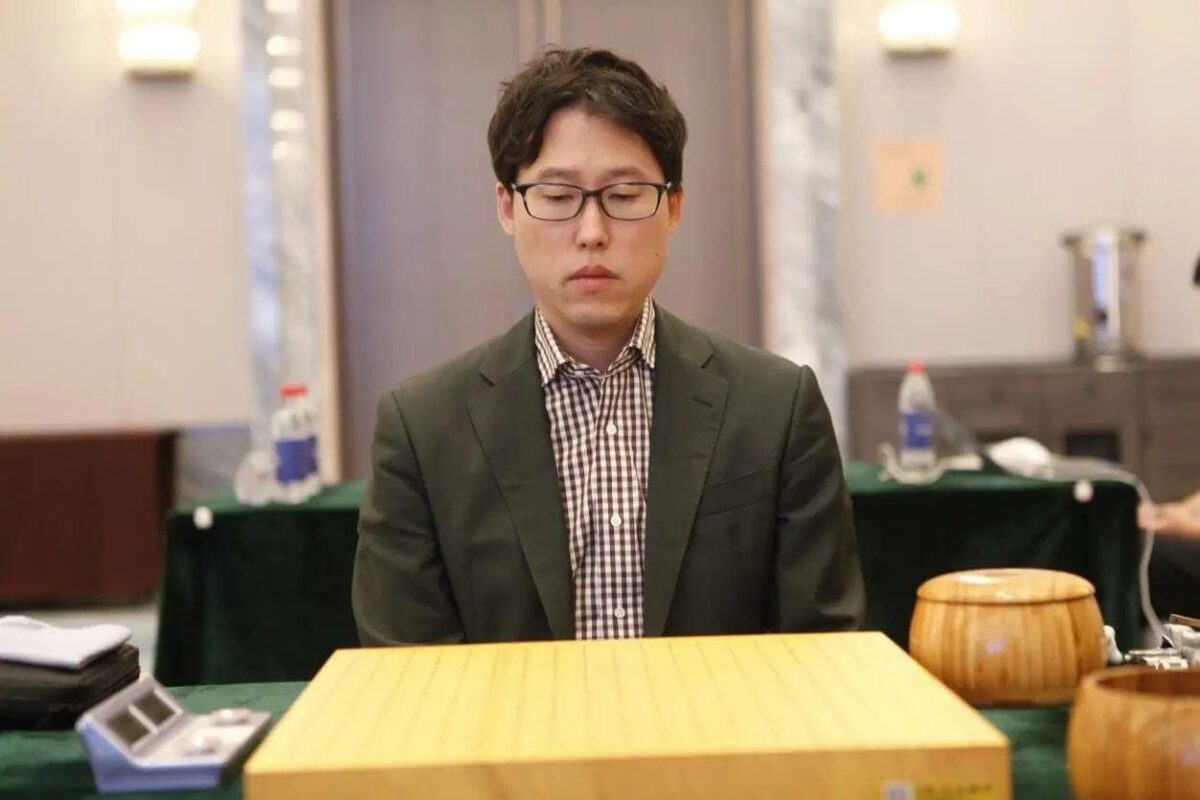

Iyama Yuta (井山 裕太) is widely regarded as one of the most successful professional Go players in Japan’s recent history. His accomplishments have not only shaped domestic Go competition over the past two decades but also marked a turning point for Japanese Go in an era increasingly dominated by players from China and Korea.
Early Life
Born in 1989 in Higashiosaka, Osaka, Iyama began learning Go at the age of five after seeing his father’s games. From a very young age, it was clear that he was a true child prodigy. Seeing how quickly Iyama was progressing, his family decided to enroll him in formal lessons with Kunio Ishii, a respected Go teacher in the Kansai region. By the young age of 6, Iyama was already defeating adult players at local Go clubs and in 1998, Iyama became an insei (apprentice) at the Nihon Ki-in Kansai Branch at age 9. His early years were marked by disciplined training and support from strong players and mentors, allowing him to improve quickly and move into the world of professional Go.
Rise to Prominence
At only 13, Iyama became a professional in 2002. At the time, he was among the youngest professionals in Japan. His big breakthrough came just three years later in 2005, when, at 16, he won the Agon Kiriyama Cup, and became the youngest player ever to win a major Japanese title. This victory thrust him into the national spotlight and established him as a leading figure among the new generation of Japanese professionals. Over the next few years, Iyama rapidly improved and took home more titles, eventually becoming Japan’s most dominant player.
The Era of Dominance
Iyama’s career is most famous for his dominance of Japanese Go. Between 2009 and the late 2010s, he won all seven major Japanese titles multiple times: Kisei, Meijin, Honinbo, Tengen, Oza, Gosei, and Judan. With this, in 2016, he became the first and only player ever to hold all seven of these titles at the same time – “an achievement referred to as the “seven-crown” (七冠, nanakan)”.
A notable record held by Iyama is 11 consecutive Honinbo titles between 2012 and 2022, surpassing Cho Chikun’s previous record of 10. As of 2024, Iyama has won over 70 major titles, ranking him among the top titleholders in Japanese Go history. Some of the major titles include: (Kisei (9 times), Meijin (9 times), Honinbo (11 times), Tengen (5 times), Judan (6 times), Oza (6 times), and Gosei (6 times))
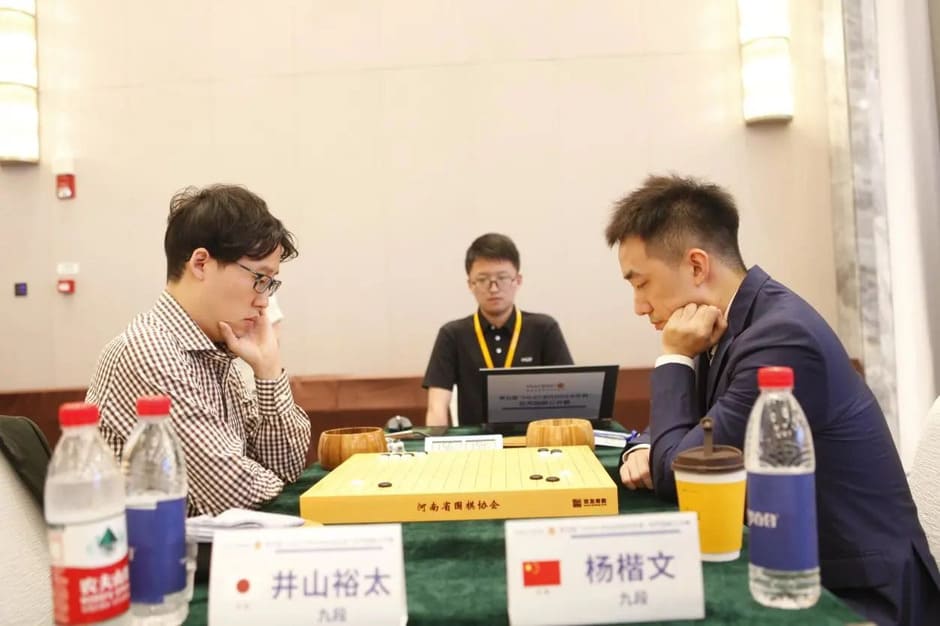
Playing Style and Strategic Evolution
Iyama’s playing style has evolved over time but is generally characterized by balance and precision. He often favors solid, orthodox openings and is known for his accurate reading and strong positional judgment. His strength is particularly evident in the middle game, where he is described as “a genuine fighter”. Rather than relying on flashy or overly aggressive tactics, Iyama “plays thickly, waits for the opponent to attack, then tries to take the initiative with his counterattack.”
On December 3rd 2014, Iyama Yuta played opposite Park Junghwan of Korea in the 10th game of the 16th Nongshim Cup. This game is an example of Iyama’s quiet strength and strong positional judgement – as he navigated the game with sharp reading and gradually gained control of the center, turning defensive plays into a powerful counterattack.
Over the years, he has adapted his playing style in response to international trends, incorporating more dynamic strategies when necessary. Analysts have noted his ability to blend Japanese fundamentals with modern global tactics, making him a highly versatile player.
Rivals and Domestic Competition
Though Iyama has largely dominated the Japanese scene, he has had several meaningful rivalries:
- Yamashita Keigo
Yamashita was one of Iyama’s earliest and most frequent opponents. The two have faced each other in over 20 official matches, including numerous title games (Kisei, Gosei, Meijin). While Iyama often came out ahead, Yamashita was a critical rival in his early title defenses.
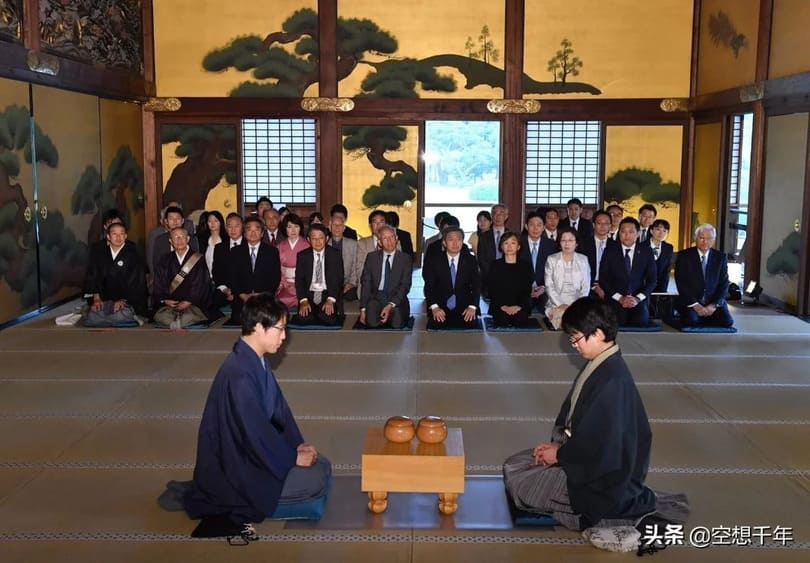
- Shibano Toramaru
Shibano defeated Iyama in the 2019 Meijin to become the youngest Meijin in history, and is often seen as part of the “new generation”. Their rivalry reflects a generational shift in Japanese Go.
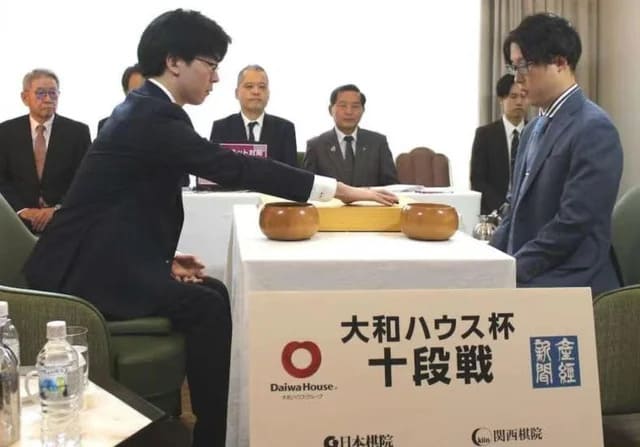
- Ichiriki Ryo
One of Iyama’s most notable rivals is Ichiriki Ryo, seen as part of a newer generation. Their games are often closely fought and show a contrast between their styles. Ichiriki’s play is seen as more creative while Iyama is known for his more steady, consistent gameplay. In 2024, Ichiriki took the spot of Japan’s number one player from Iyama on the World Go Rating list.
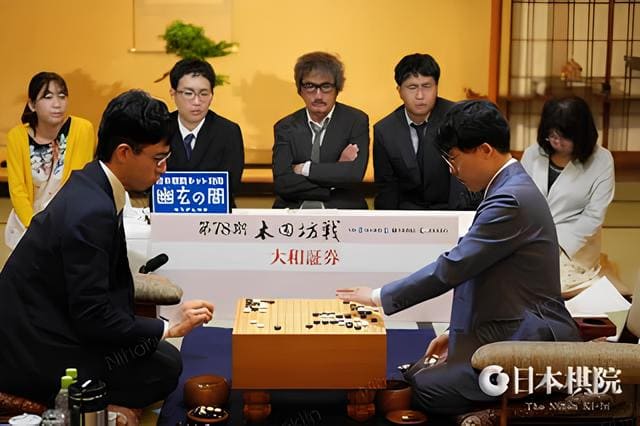
These rivalries have enriched Japanese Go and provided continuity as younger players rise to challenge Iyama’s dominance.
Challenges on the International Stage
Compared to his significant domestic achievements, Iyama has had less success internationally. While he has won titles in tournaments such as the Asian TV Cup and the Bosai Cup, he has yet to claim a major international title such as the Ing Cup, Samsung Cup, or LG Cup.
This lack of success may be the result of several factors, such as Japan’s relative isolation from international Go competitions during the 2010’s, the high level of international competition, and differing training environments.
Despite this, Iyama has consistently represented Japan in international tournaments and has remained a highly competitive player against top players from China and Korea.
Legacy and Impact on Japanese Go
In 2018, Iyama received the People’s Honour Award from the Japanese government and was the first professional Go player to ever receive this acknowledgement. As one of Japan’s highest civilian honors, it was awarded to congratulate both his achievements as well as his role in promoting the game nationally. Many younger players cite him as a role model, and his career has played a part in maintaining public interest in Go within Japan. He has appeared in Japanese media, documentaries, and educational programs about Go, been a spokesperson for various Go events and campaigns encouraging youth participation, and mentored younger players at the Nihon Ki-in, contributing to a resurgence of young talent.
Role in AI and Modern Go
Since the rise of AI tools post-AlphaGo, Iyama has actively engaged with AI analysis, often citing it as a way to refine his game.
On January 2nd, 2017, Iyama played against AlphaGo Master in Game 39 of the AlphaGO Master series. This game showed AlphaGo’s flexible and balanced plays, accumulating an advantage throughout the game. Iyama, known for precise endgame and classical balance, was outmaneuvered by AI’s unconventional global strategy in this game.
Iyama has embraced AI recommendations in preparation for high-stakes matches, spoken publicly about the challenge of adapting human judgment to AI-influenced strategies, and helped bridge the gap between traditional Japanese Go pedagogy and modern digital tools, including his game with Japanese artificial intelligence program DeepZenGo in 2017.
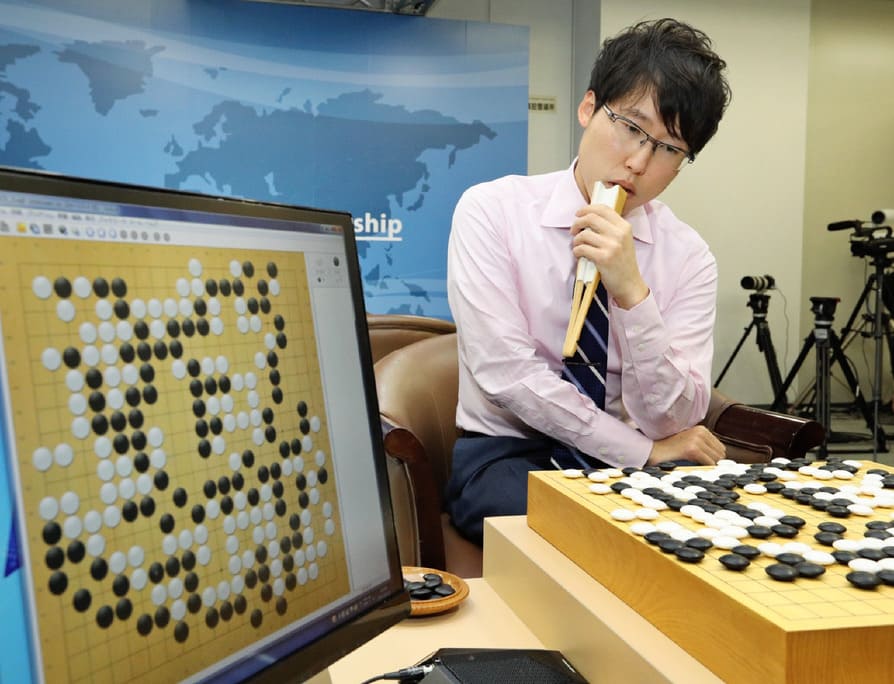
Conclusion
Iyama Yuta’s legacy is defined by his extraordinary domestic achievements and his steady, methodical playing style. His career reflects a period of transition for Japanese Go, as it navigated challenges on the world stage while preserving and evolving its own traditions. He has contributed not only through his competitive results but also by maintaining public interest, mentoring younger players, and embodying a disciplined and respectful approach to the game. As of today, Iyama remains a central figure in Japanese professional Go.
Have you ever watched or reviewed any of Iyama Yuta’s games? If so, what did you think of them?
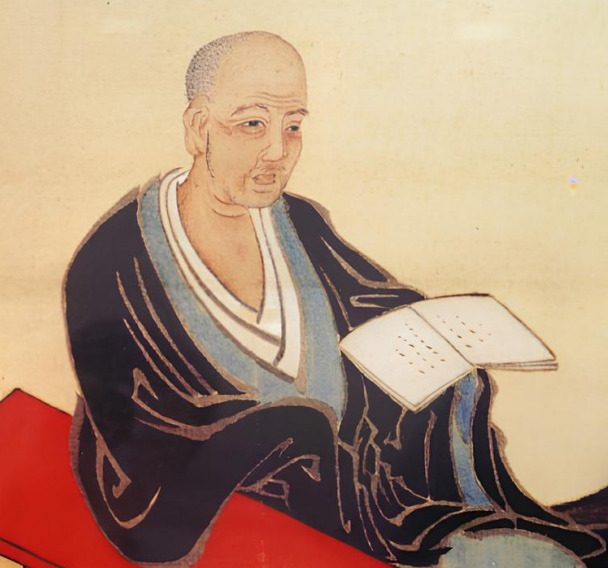
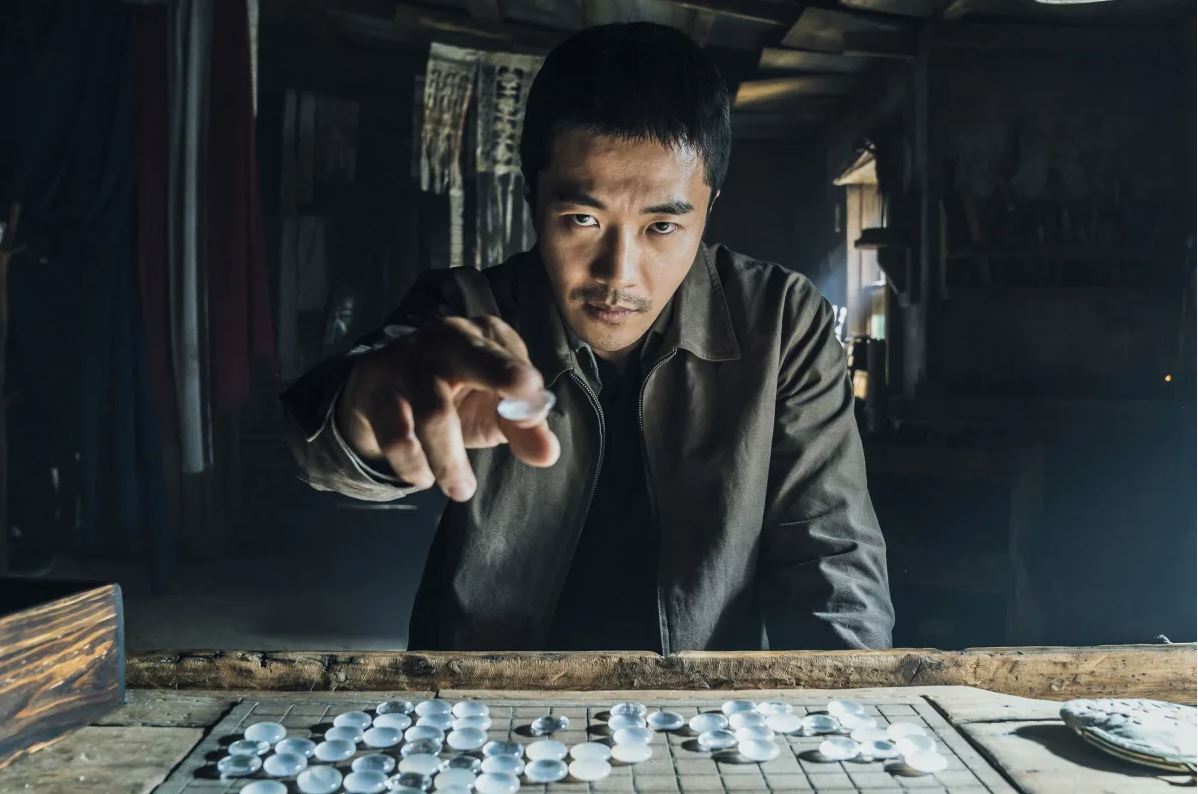
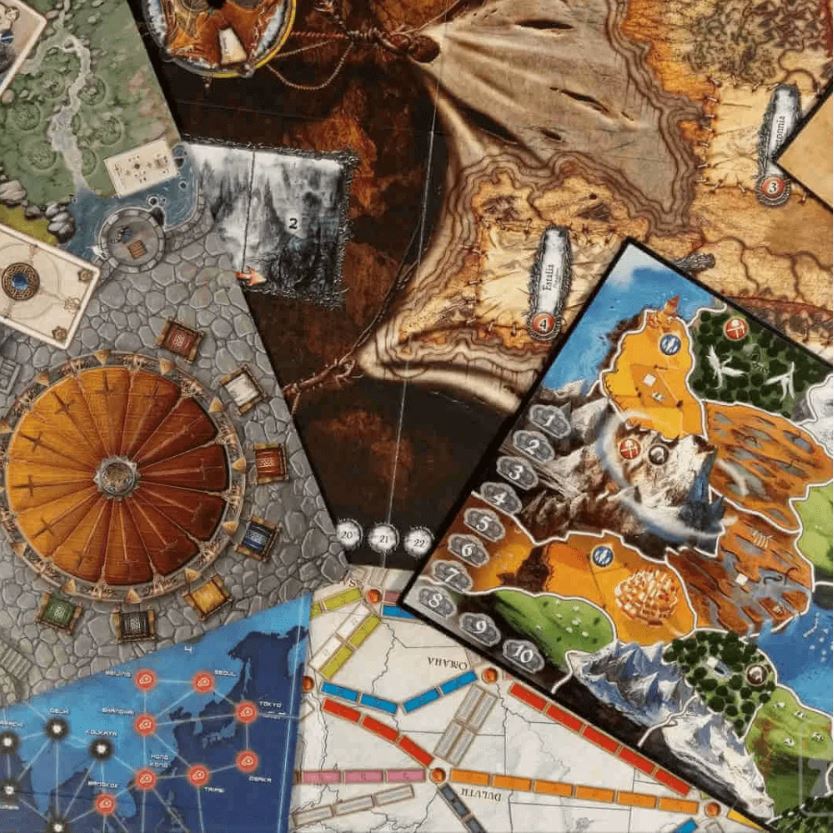
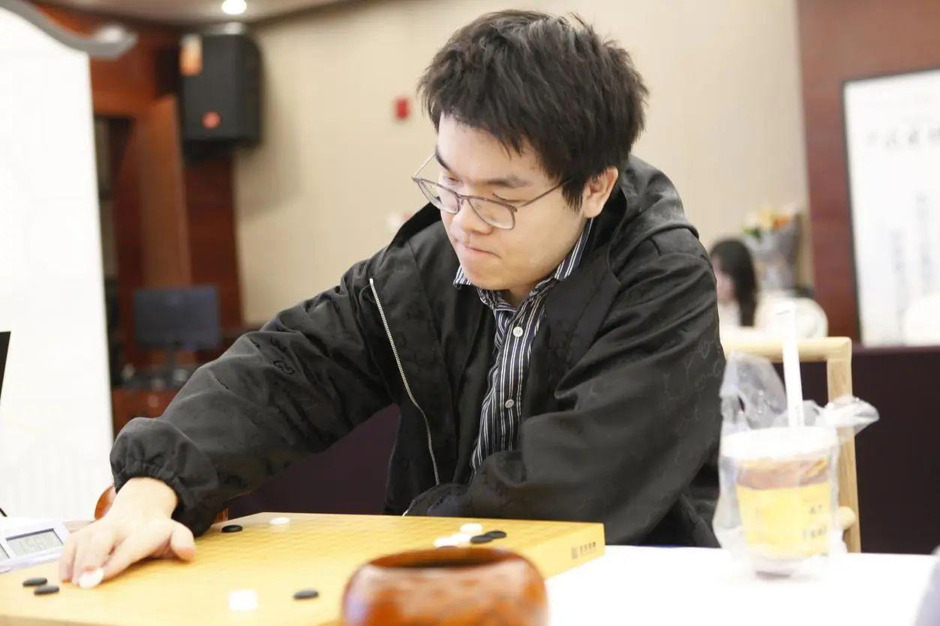
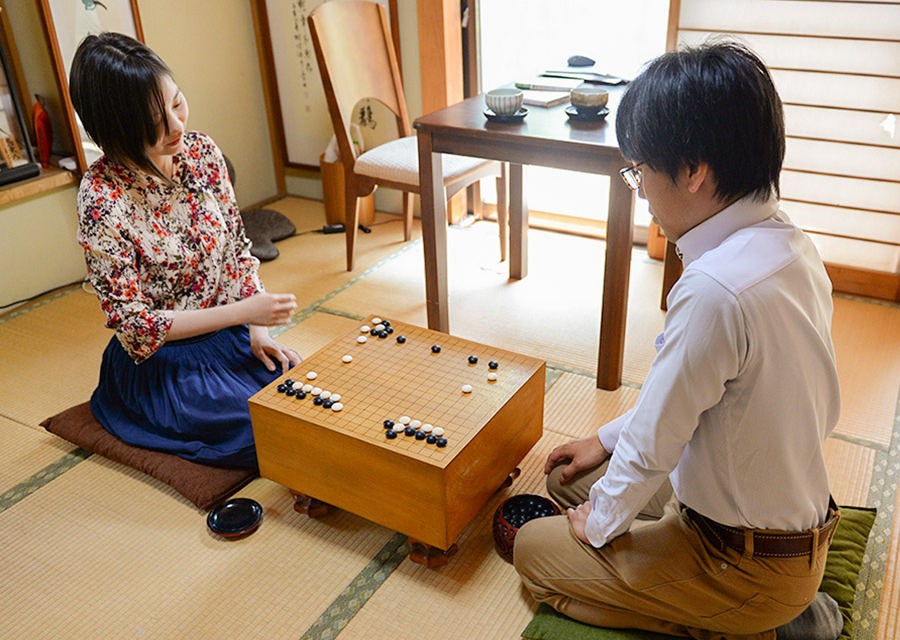
Just watched Iyama Yuta win against Yang Kaiwen in the 27th Nongshim Cup. Such an interesting player.
Thank you for the insightful article.
Thank you so much for reading. Iyama’s match against Yang Kaiwen is a great example of why he’s such a fascinating player to study. I’m glad you enjoyed the article!